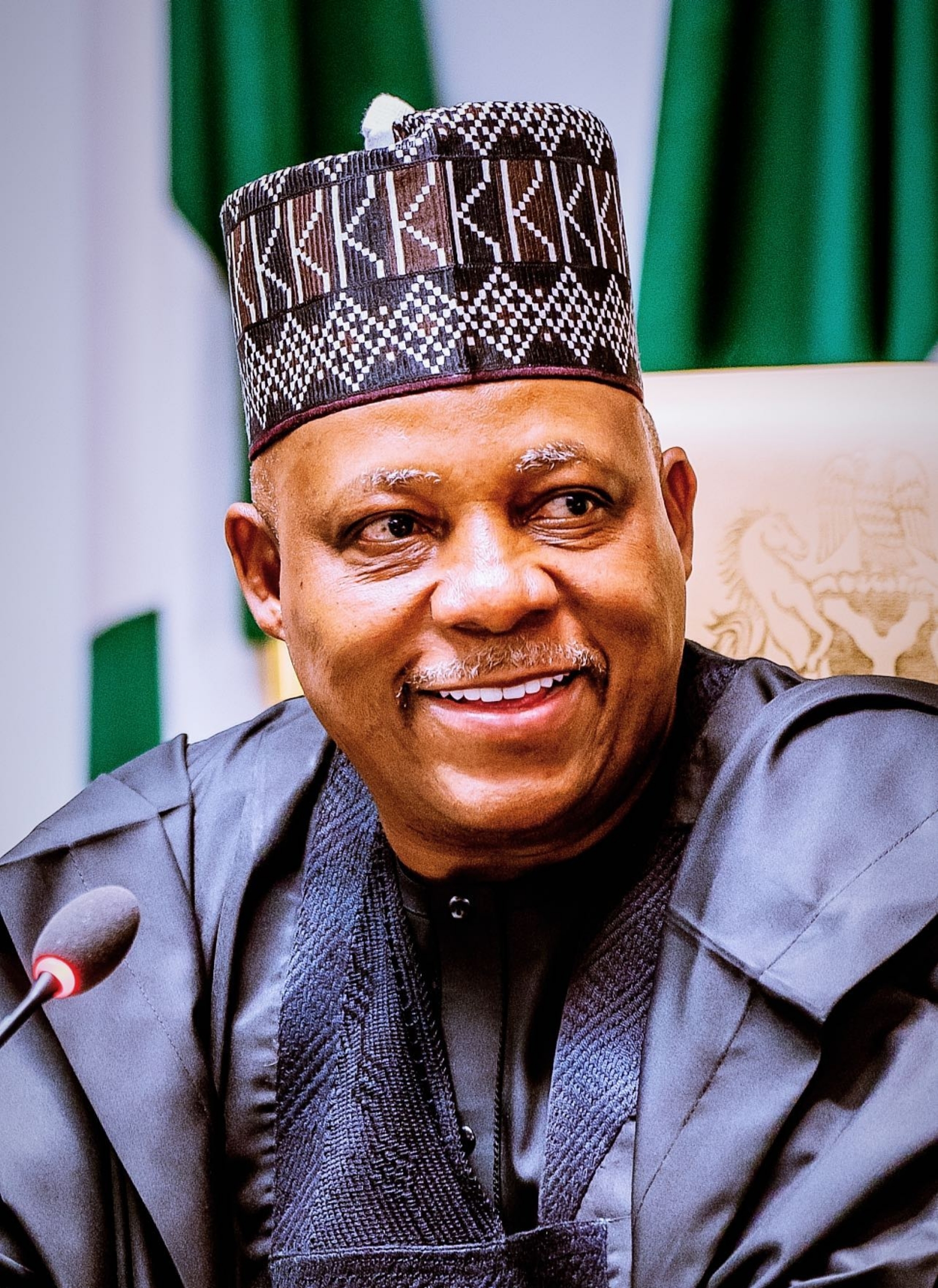/ News
Views: 433
VP Shettima Urges Global Support for Nigeria’s Push Toward Food Sovereignty at UN Summit

Vice President Kashim Shettima has called on international partners to deepen collaboration with Nigeria in rebuilding sustainable and inclusive food systems across Africa, emphasizing that true sovereignty begins with food sovereignty.
Speaking at a high-level panel titled "Country Perspectives: Government-led Strategies and Regional Frameworks" at the UN Food Systems Summit +4 (UNFSS+4), Shettima stressed that Nigeria’s food security efforts are central to President Bola Tinubu’s broader vision for national stability and economic transformation.
"So long as a nation is not independent in the area of food sovereignty, it remains a non-sovereign nation,” Shettima said, according to a statement by his media aide, Stanley Nkwocha.
He noted that President Tinubu’s administration inherited a fragile food system in 2023 exacerbated by insecurity, climate change, and inflation but has since launched bold reforms, including declaring a state of emergency on food security and establishing the Presidential Food Systems Coordinating Unit (PFSCU).
"We’re not just reacting we’re building. The strategy is to make agriculture a youth-driven, innovation-powered engine of growth,” the Vice President said.
He highlighted the government's support mechanisms for vulnerable regions, particularly in conflict-hit areas like the North East and North West, stressing that dignity and self-reliance must replace dependency.
"In our IDP camps, we are encouraging food production. We believe giving a man a fish feeds him for a day; teaching him to fish empowers him for life,” Shettima said.
To drive long-term transformation, Shettima said Nigeria is investing in improved seed systems, climate-smart agriculture, mechanisation, and revitalized extension services.
"Our goal is to boost yields and resilience. Entrepreneurial capitalism is already part of the Nigerian DNA,” he added.
The Vice President urged global stakeholders to recognize the urgency of aligning support for food systems with national strategies that are market-led, inclusive, and climate-resilient.
"We must move from charity to empowerment. That is how we will secure Africa’s food future,” he concluded.